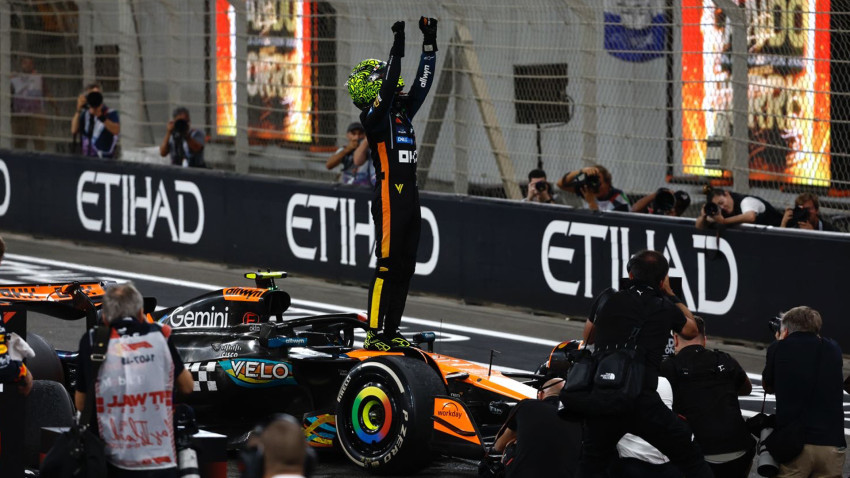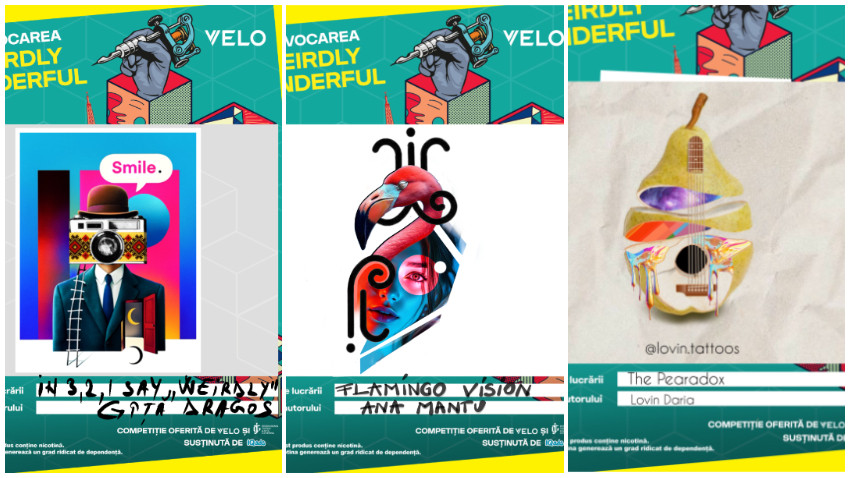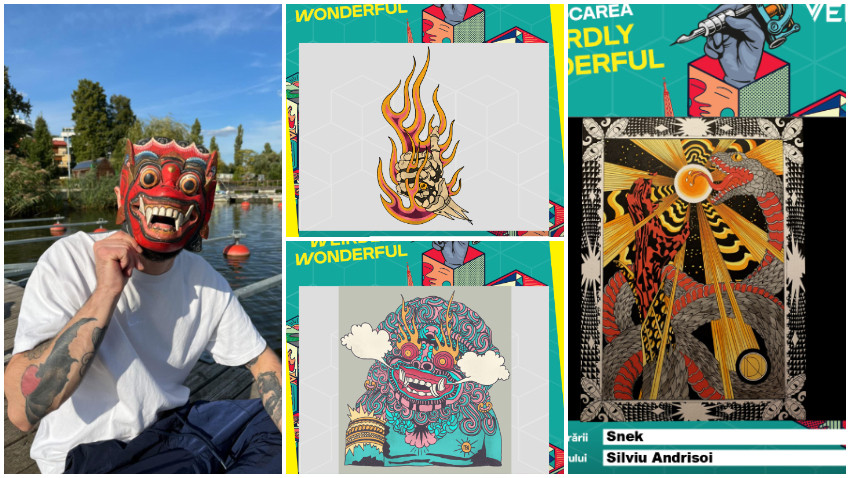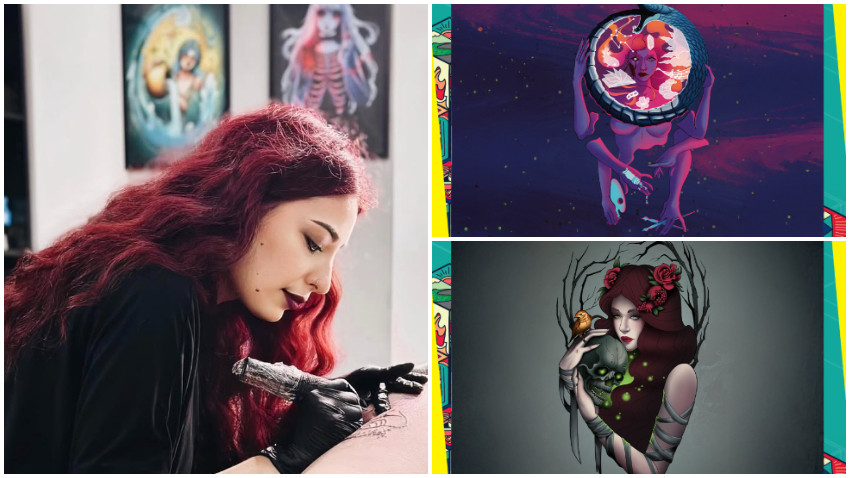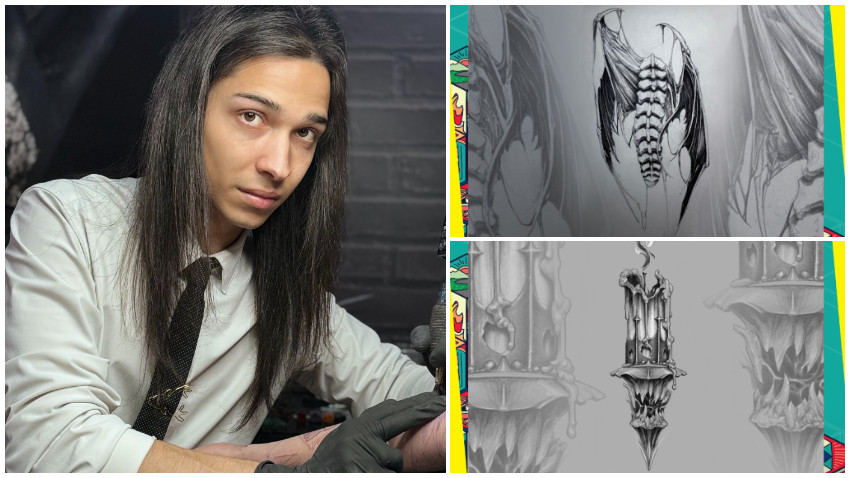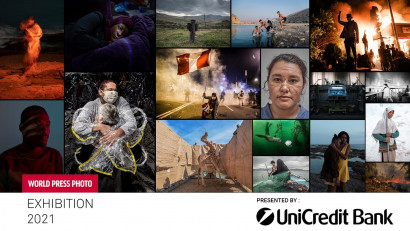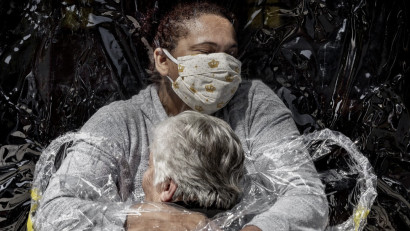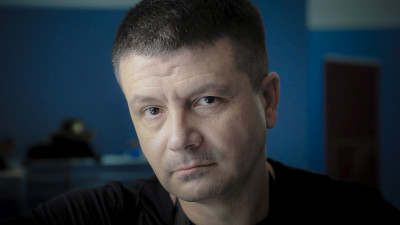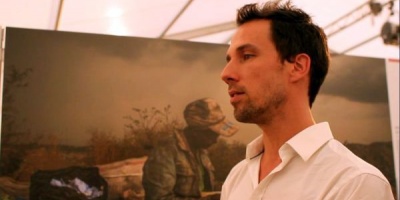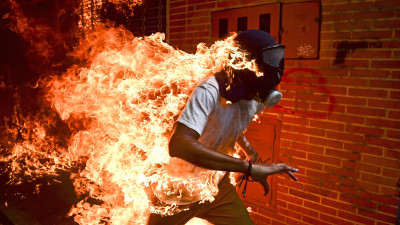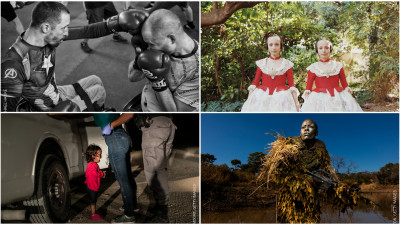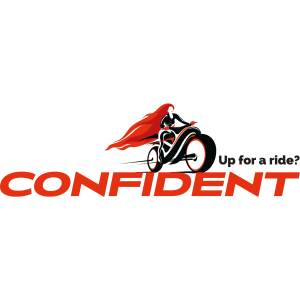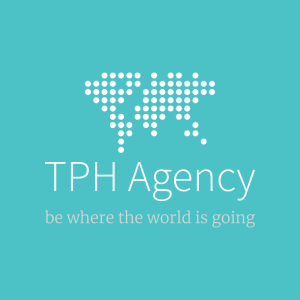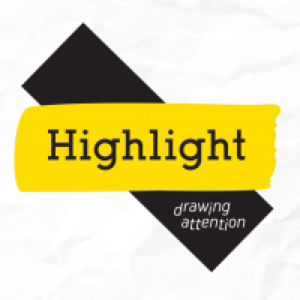He was 19 years old, he was in Mérida and he had bought an old camera. But he wasn't interested in photographing sunsets or landscapes. Mads Nissen was preoccupied about the people, the poverty in which some of them lived, the cracks in the buildings. It was then that he realized that photography meant curiosity, social awareness and expression.
Mads Nissen is a Danish documentary photographer, he worked as a staff photographer for the Danish newspaper Politiken and as a freelance photojournalist for Newsweek, Time, Der Spiegel, Stern and The Sunday Times. În 207, he moved to Shanghai, to document the human and social consequences of China’s historic economic rise. In 2015, his photograph of two gay men in St Petersburg, from a series on homophobia in Russia, was selected as World Press Photo of the Year. In 2021 he was nominated, for the prize once again. Nissen has published three photo books: The Fallen, Amazonas and We are Indestructible.




